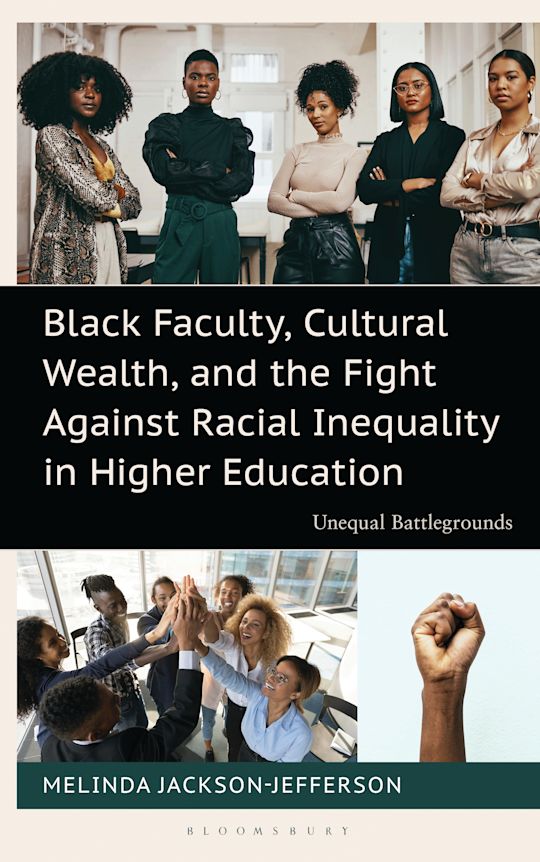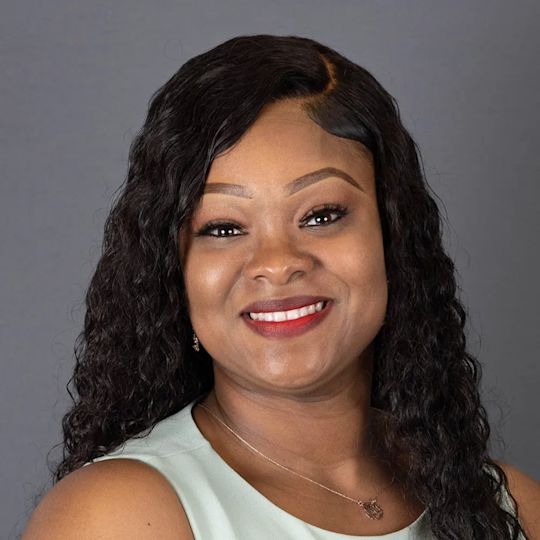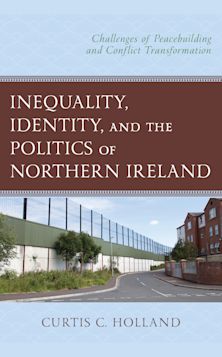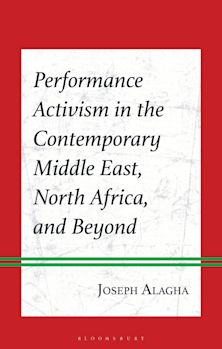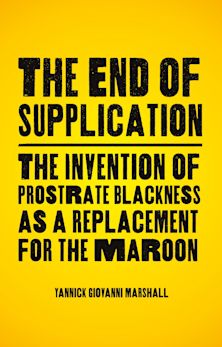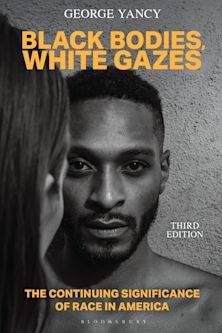- Home
- ACADEMIC
- Politics & International Relations
- Race and Ethnicity
- Black Faculty, Cultural Wealth, and the Fight Against Racial Inequality in Higher Education
Black Faculty, Cultural Wealth, and the Fight Against Racial Inequality in Higher Education
Unequal Battlegrounds
Black Faculty, Cultural Wealth, and the Fight Against Racial Inequality in Higher Education
Unequal Battlegrounds
Payment for this pre-order will be taken when the item becomes available
You must sign in to add this item to your wishlist. Please sign in or create an account
Description
This book offers a critical examination of how Black faculty in predominantly white institutions mobilize community cultural wealth to navigate systemic barriers, racial microaggressions, and institutional inequities in higher education.
Building on and extending Tara Yosso's Community Cultural Wealth framework, Melinda Jackson-Jefferson presents a nuanced analysis of six forms of capital-aspirational, linguistic, familial, social, navigational, and resistant-as essential tools of resilience and academic agency. Essential for academic libraries and scholars of critical race theory, educational equity, and faculty diversity, this work contributes original research and actionable strategies to advance structural change and inclusive practices in higher education institutions.
Table of Contents
Introduction
Chapter 1: Aspirational Capital
Chapter 2: Linguistic Capital
Chapter 3: Familial Capital
Chapter 4: Social Capital
Chapter 5: Navigational Capital
Chapter 6: Resistant Capital
Conclusion: Powerful Opponents Within the Educational Realm
Bibliography
Index
About the Author
Product details

| Published | 08 Jan 2026 |
|---|---|
| Format | Ebook (PDF) |
| Edition | 1st |
| Extent | 200 |
| ISBN | 9798216251941 |
| Imprint | Bloomsbury Academic |
| Series | Contemporary Perspectives on Social Inequalities in the United States |
| Publisher | Bloomsbury Publishing |
About the contributors
Reviews
-
Dr. Jackson-Jefferson has written an important and timely book highlighting the significance of education in America, especially higher education, using key concepts like racial realism and community cultural wealth. The book not only provides a portrait of historic and contemporary challenges and opportunities impacting students, staff, and faculty, but also provides a framework for these groups to thrive.
Lori Latrice Martin, Louisiana State University









